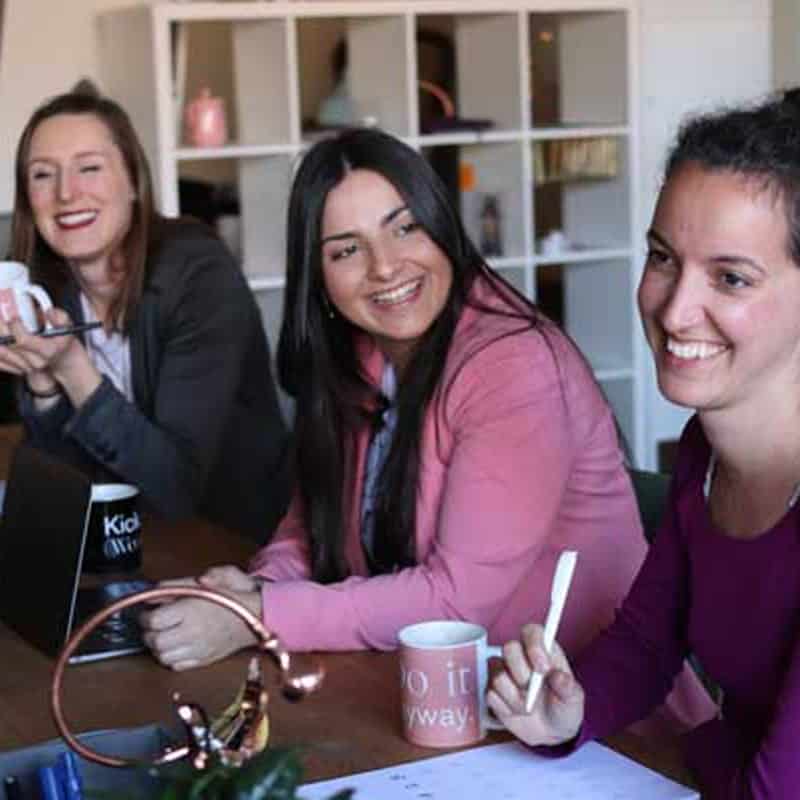Support Group for Women in Recovery
Joining the support group for women in recovery offers women battling drug challenges a supportive environment to regain strength, break cycles, learn vital life skills, and connect with an understanding community.
Connect With Understanding Community
Regain Strength Together
Rebuild Life Confidently
Foster Lasting Resilience
Unlock Hope and Healing with a Complimentary 20-Minute Phone Call Consultation
Are you ready to take the first step towards a brighter future? At AERCS, we're here to support you on your path to well-being. Our complimentary intake call is your opportunity to connect with us, confidentially share your journey, and discover the transformative support we offer. By taking this call, you're not just talking; you're taking control of your well-being, paving the way for tailored therapy that can change your life. Don't wait—book your call today and embrace the healing journey that awaits you.

AERCS is offering a FREE support group for women in recovery.
At present (due to COVID) we use Whereby for online meetings, (every first Friday of the month).
Date & Time: First Friday of every month, 6:00 to 8:00 pm.
Location: 873209 5th Line EHS, Mono, ON
Contact: Gloria Segovia, [email protected]
Phone: 416 347 6445

An Insight into the AERCS Toronto Support Group for Women in Recovery.

Toronto Women in Recovery (WIR) is a non-violent drug-related offenses outpatient program alternative for qualifying women facing prison terms. WIR, which is run in collaboration with the George Kaiser Family Foundation, works with the criminal justice and a variety of community partners to ensure that group members receive monitoring, substance use and mental therapeutic interventions, education, employment readiness training, and family preservation services.
The benefits of the Support Group for Women in Recovery.
- It strengthens individuals and families
- It fixes the endless transmission of incarceration
- It aids women who have been involved in the criminal court system to reintegrate into society as productive, tax-paying citizens
- It is less expensive than incarceration and also enhances public security
The Toronto Support Group for Women in Recovery is for women who are committed to making positive changes in their lives and being active citizens of their communities. In this Toronto Support Group for Women in Recovery, women are assisted with overcoming drug addiction, healing from trauma, and acquiring the necessary economic, emotional, and social skills to lead successful and productive lives.
How We Help the Women in Recovery?
Women with drug use problems are more likely than males to experience various barriers to care, and they are less likely to seek care than men. Women are also more likely than men to seek treatment in psychological health or primary healthcare settings rather than specialist addiction treatment facilities.
As part of the routine to help women in recovery, women should be given sexual health care to address specific health risks. These treatments may include family planning, prevention against sexually transmitted infections, and hormonal fluctuations.
It has been discovered that using supportive therapy (e.g., compassion, connectivity, love) is more beneficial. Programs that provide childcare support can help women in recovery in entering and staying in treatment, helping them to help themselves and, as a result, their children. Some groups may seek to provide legal assistance to mothers whose children have been removed by public care. AERCS’ helps the support group for women in recovery by addressing themes that are relevant to the wellbeing of women, such as parenting programs, job training, self-esteem, accommodation, and financial freedom.
Impact of Our Women in Recovery Support.
In both current addiction and abuse from addiction, women in recovery with substance use disorders (SUD) confront different challenges than men. Understanding the elements that contribute to women’s addiction makes it easier to select the finest addiction treatment clinics and increases the chances of long-term recovery.
According to research, when it relates to substance abuse and recovery, women confront unique challenges. These variables, which influence not just substance use and misuse but also healing and relapse in women, are frequently different from those in men.
With our Support Group for Women in Recovery, individuals and families are strengthened, the endless cycle of incarceration is broken as it assists women who have been involved in the criminal justice system to function in society as responsible, tax-paying citizens. And trust us, it is more inexpensive than jail, and also improves public security. Our Support Group for Women in Recovery Program encourages women in becoming more devoted to making positive changes in their life and participating in their communities as active citizens. It helps women overcome drug addiction, heal from trauma, and gain the economic, psychological, and social skills they need to live happy and productive lives.
Give Us a Call...
Get In touch.
Ask Any Question.
AERCs Orangeville Location
873209 5 Line E, Orangeville, ON L9W 6A4
AERCs Toronto Location
1849 Yonge St, Floor 1, Suite 914, Toronto, ON M4S 1Y2
AERCs Mississauga Location
89 Queensway W #226, Mississauga, ON L5B 2V2
AERCS Partners With...

